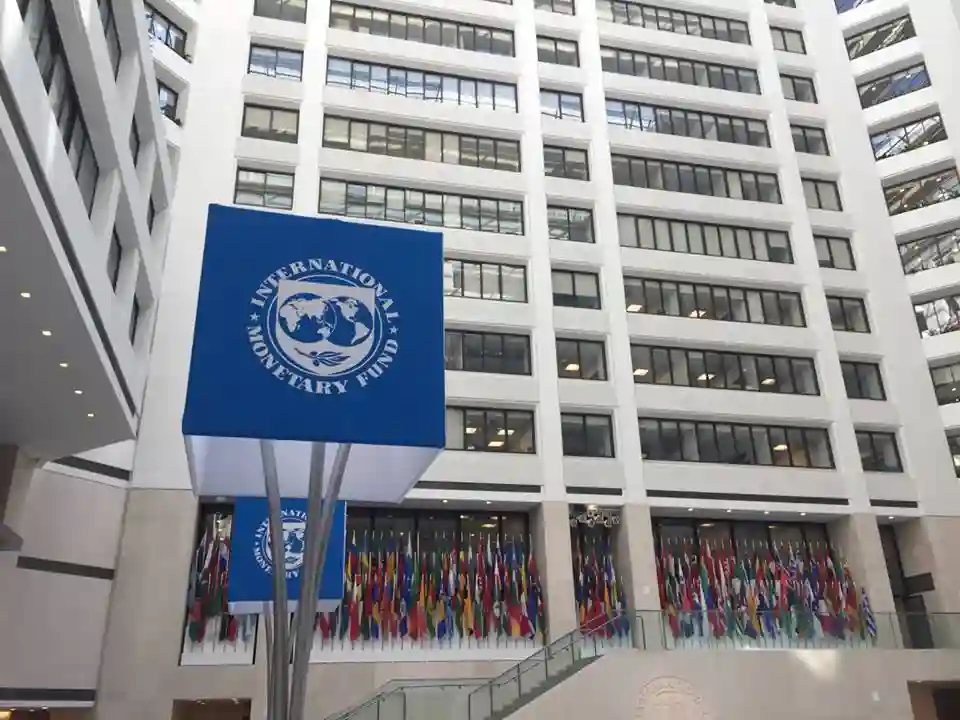The International Monetary Fund’s (IMF) resident representative in Zimbabwe, Patrick Imam warned the government against raising salaries for state workers.
Inflation has decimated the value of the local currency, the RTGS Dollar introduced in February this year. As a result, spending power has been reduced to a 10th of what it was as recently as February. Said, Imam:
The government wage bill is now on a sustainable footing. Looking ahead, it is crucial that public wage growth is aligned with economic growth and government revenue.
Reports indicate that civil servants’ salaries gobble 40% of the government’s tax revenue, which is a significant improvement from more than 90% last year.
Imam’s prescription is however at odds with Finance Minister Mthuli Ncube who claims to be a “champion of wage adjustment”. In an interview with Bloomberg, Ncube said:
What people are feeling is really wage compression. Prices adjusted instantly to the exchange rate, but wages have been too slow to catch up with the adjustment. The issue is about wage adjustment and I’m a big champion of wage adjustment.
Imam revealed that the IMF Staff-monitored programme for Zimbabwe is a precursor to getting the debt relief that’s needed to restore an economy that’s been stagnant for two decades. Said, Imam:
The staff monitored program is also intended to assist in resolving the long-standing arrears to external creditors and facilitate re-engagement with the international community.
Given the recent history of Zimbabwe, in particular, the fact that the country has arrears to other international organizations, as well as bilateral arrears, the fund is not yet in a position to financially support the country.

